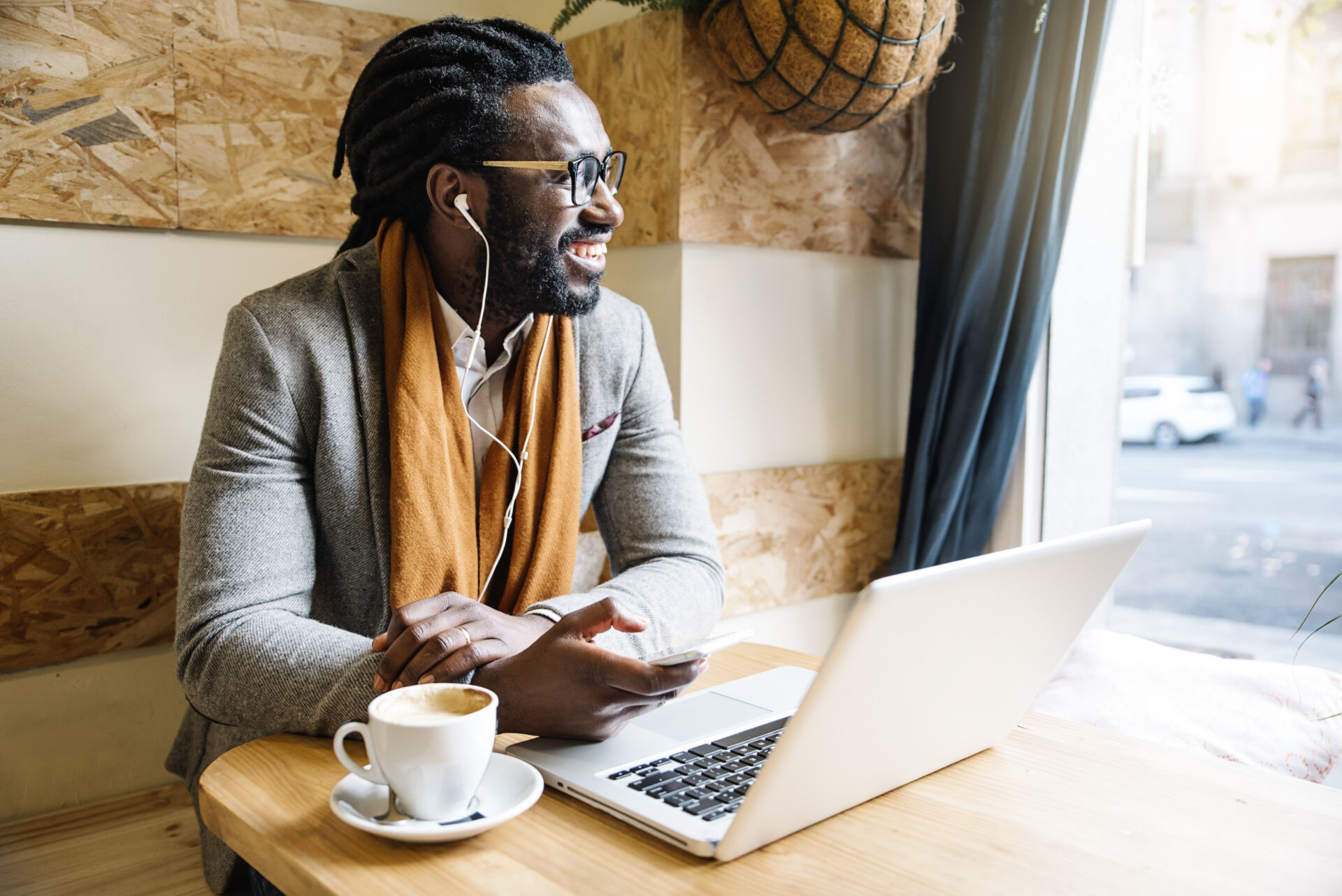August 2021, Nasara Al-Hassan. With pandemic conditions getting better, employees are now being asked to return to the physical office. What will this new working environment look like for many, and how will this impact the future of work?

Work and professional life in the year 2020 and 2021 looks nothing like what it has ever looked like before. People are now able to complete their daily office jobs in the comfort of their own homes and most importantly even in their pyjamas! The Coronavirus pandemic has forced many individuals to work, and organisations to operate differently and remotely. With conditions taking a turn for the better, employees are now being asked to return to the physical office. What will this new working environment look like and how will this impact the future of work?
The International Women’s Forum is a global network of senior women leaders, dedicated to advancing better leadership and supporting the next generation of women leaders and each other. They hosted a panel discussion in July 2021 to explore the issues that organisations and boards may face while resetting and reorganising their working life post-pandemic in a way that will be sustainable. Oonagh Harpur, independent Non-Executive Director at KPMG and advisor to Boards, partnered with Sawsan Khuri of Collaborative Capacities to develop thought provoking questions on this topic for a diverse panel of four business leaders. These questions started with an attempt to identify the main groups that are relevant to the future of work, explored how to navigate a workspace with conflicting employee needs, and challenged our thinking on the possible unintended effects of the current recovery process.
The conversation triggered a discussion that opened up a number of intriguing and alternative viewpoints, and highlighted the complexity of the situation. For example, companies have now realised that they can maximise profits with employees working from home as there is no need to lease or rent an office. However, how will this impact the small businesses that depend on these large office blocks for their business, and is it these companies’ responsibility to consider this? Furthermore, working remotely for a prolongued period of time could potentially lead to new cohorts of people in the workplace that may perform badly due to a loss of key training that comes from working in close proximity with others. Surveys revealed that people would switch jobs if they were forced to go to the physical workplace, showing a clear preference for remote working. Will this preference last or will it be surpassed by the need to “return to normal”?
With her style of ‘starting with energy and ending with a gift’, Sawsan at the end of the Q&A asked all panellists to leave a nugget of personal perspective on the future of work. In a time of great uncertainty about what the future holds, boards and organisations must be prepared to listen and focus on what the people are saying. What we know now might not necessarily apply to the future, so it is important for organisations to experiment and determine what works best for them and to learn and act as their employee and client needs shift. Panellists called for companies to focus on the output and not the input of employees and most importantly show appreciation to the workers because it has not been easy to work effectively through a pandemic.
This impactful discussion left us with several important insights, and a deeper understanding of the complexities involved. It will take a while to recover, and it will take a lot of innovation, collaboration, and listening!
Testimonial received for Sawsan: “You are without a doubt the best moderator on these types of panels, you are amazing!!”

